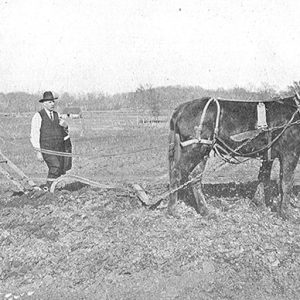 Tech Farm
Tech Farm
Entry Category: Agriculture - Starting with T
 Tech Farm
Tech Farm
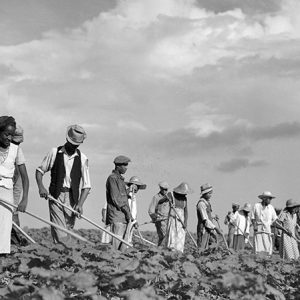 Tenant Farmers
Tenant Farmers
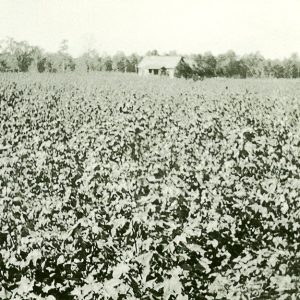 Tenant House
Tenant House
 Jeffrey Tennant
Jeffrey Tennant
Texas Tick Fever Eradication
aka: Tick Eradication
aka: Dipping Vats
Timber Industry
Timberfest
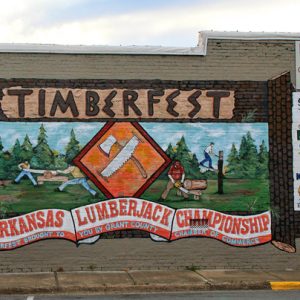 Timberfest Mural
Timberfest Mural
Tomato Industry
 Amanda Beardsley Trulock
Amanda Beardsley Trulock
Trulock, Amanda Beardsley
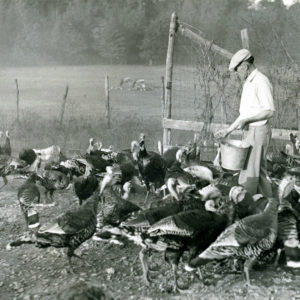 Turkey Farm
Turkey Farm
 Tyson Headquarters
Tyson Headquarters
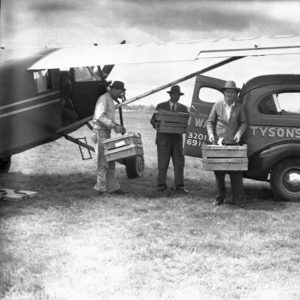 Tyson's Hatchery Air Delivery
Tyson's Hatchery Air Delivery
Tyson Foods, Inc.
 Don Tyson
Don Tyson
 Don Tyson
Don Tyson




